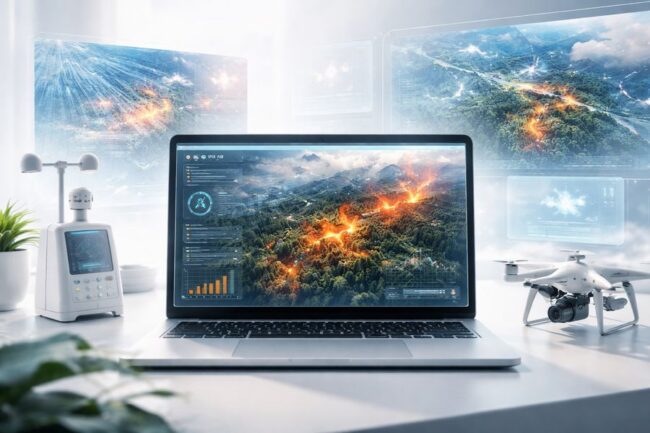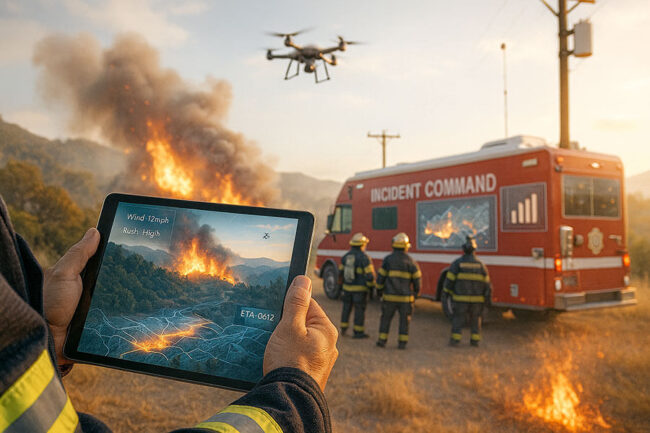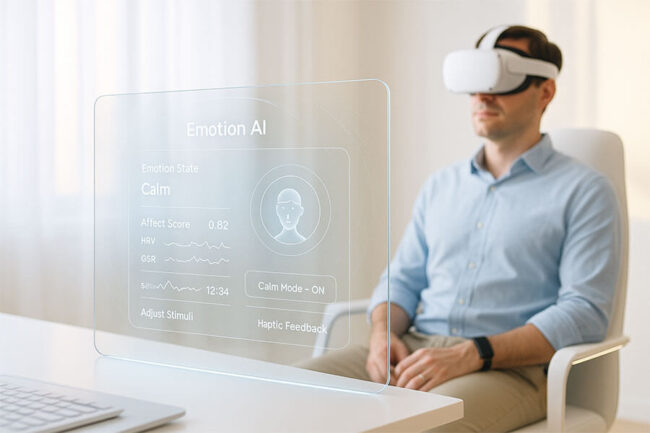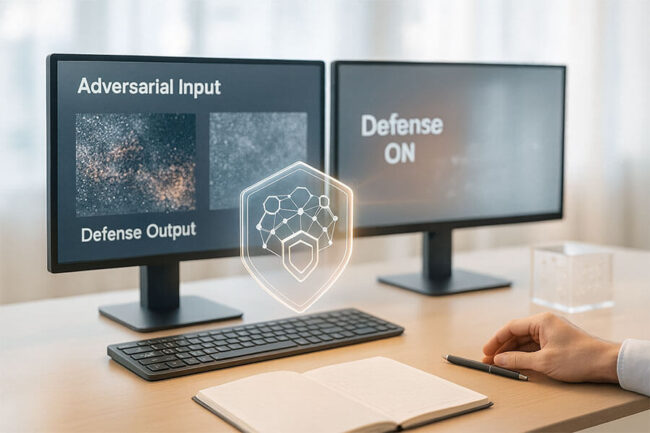AI-Powered Wildfire Prediction and Prevention Systems
Wildfires have become one of the most destructive natural phenomena facing communities worldwide, with climate change intensifying their frequency, scale, and devastating impact. The 2023 Canadian wildfire season burned approximately 18.5 million hectares, displaced over 232,000 people, and released an estimated 647 teragrams of carbon into the atmosphere, creating smoke plumes that degraded air quality…
Read More







